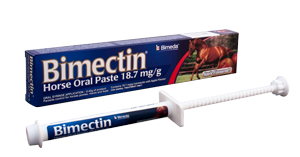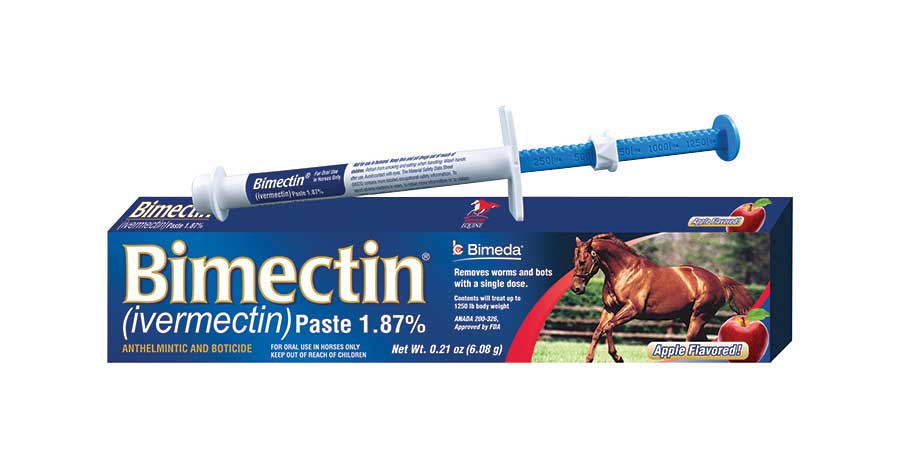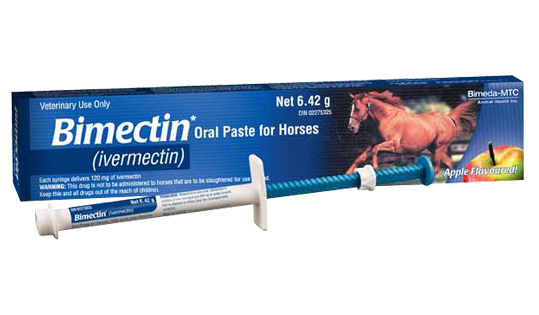Lungworm
(Dictyocaulus arnfieldi)
Lungworm can cause coughing and respiratory difficulty in horses, although they are relatively uncommon. These worms are common in donkeys and easily transfer to horses grazing the same pasture.
Horses become infected by eating the worm larvae from the pasture. The larvae will then move to the lungs, where they become adult. These adults, living in the airways, can cause obstruction leading to coughing and breathlessness. The adults lay eggs which are coughed up and swallowed to then be passed out in the droppings; thus continuing the cycle.
Diagnosis usually takes place on the basis of clinical symptoms and the presences of eggs in faeces.



